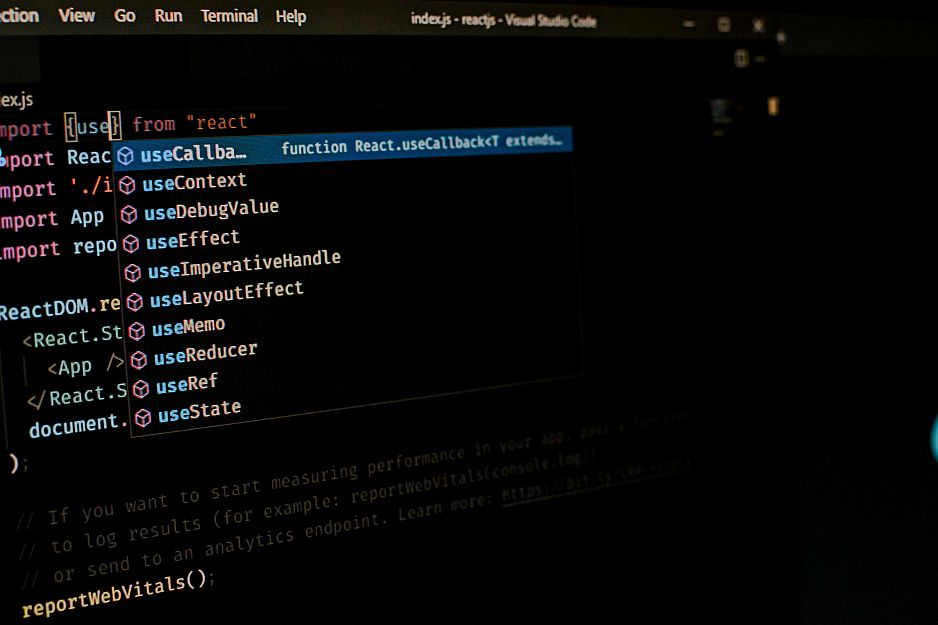Published

Author: Mensah Alkebu-Lan
Table of Contents #
Install with Dependencies #
If you’re using npm init to bootstrap your initial project, I would recommend using src/index.js when prompted for your package.json main as opposed to the default value index.js. If you’re prompted for a test command, use “react-scripts test.” We'll update the rest of the package.json later.
Once the process is complete, you can use the following command to add the necessary dependencies to a newly created React Bootstrap-based project.
npm install react react-dom react-bootstrap react-scripts [email protected]Notice, we’re using the 5.1.3 version of Bootstrap. Now, as hinted above, let’s create some folders in the root directory. Naturally, if you’re using create-react-app, some of these steps will already be done.
Let’s Develop #
First, create a public folder containing an index.html file. A standard index.html file for a React application is the following:
<!DOCTYPE html>
<html lang="en">
<head>
<meta charset="utf-8" />
<meta name="viewport" content="width=device-width, initial-scale=1" />
<title>React-Bootstrap Starter</title>
</head>
<body>
<noscript>You need to enable JavaScript to run this app.</noscript>
<div id="root"></div>
</body>
</html>Then, create a src folder. To start, this can contain an empty index.js, App.js, and App.css file.
Let's fill two of these files in. A standard index.js file for a React application is the following:
import React from 'react';
import ReactDOM from 'react-dom';
import App from './App';
ReactDOM.render(<App />, document.getElementById('root'));To use bootstrap, add the following import:
import 'bootstrap/dist/css/bootstrap.min.css';Notice the index.js file has an import that refers to App. Let’s add App to our App.js file.
import React, { useState } from 'react';
import Container from 'react-bootstrap/Container';
import Button from 'react-bootstrap/Button';
import './App.css';
const App = () => (
<Container>
<Button variant="primary">Click Me!</Button>
</Container>
);
export default App;The App.css can be left blank and updated as needed.
Let’s Run It #
We’re almost ready to run this. We’re going to need to enact some changes in the package.json first. First let’s update “scripts” so we at least have the four basic commands:
"scripts": {
"test": "react-scripts test",
"start": "react-scripts start",
"build": "react-scripts build",
"eject": "react-scripts eject"
}I know we don’t have unit tests. We’ll get to that next time.
What we have is quite simple, but it will run. When you try to run the app (i.e. npm run start or yarn start), you may be prompted to update browserslist. If not, just add it manually to your package.json file as is shown below.
"browserslist": {
"production": [
">0.2%",
"not dead",
"not op_mini all"
],
"development": [
"last 1 chrome version",
"last 1 firefox version",
"last 1 safari version"
]
}Once start up is completed, you should be able to pull up your web app by pointing your browser to http://localhost:3000.
You can find the source code for this exercise on Github.
References #
- React-Bootstrap Documentation. https://react-bootstrap.github.io/getting-started/introduction/. Accessed 11/15/2021.
- Getting Started. https://react-bootstrap.github.io/getting-started/introduction/. Accessed 11/15/2021.
- How to Use React Bootstrap with NPM. https://www.pluralsight.com/guides/how-to-use-react-bootstrap-with-npm. Accessed 11/19/2021.
- react-bootstrap/react-bootstrap: Bootstrap components built with React. https://github.com/react-bootstrap/react-bootstrap. Accessed 11/19/2021.